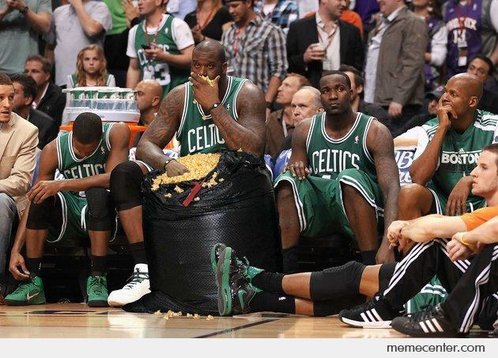Look it is clear to me that
1.) Share you recipe and it will be cloned and stolen and sold at a premium by backyard mechanics and premium vendors alike.
2.) It is a sad day that sharing something I feel so passionate about is limited due to unethical conduct. I could have helped - and this is the key to the conversation- many diyers with tasty recipes, instead I have to guard them to prevent these idiots from profiting from it. That is the essense.
3.) I resolve that I will share my recipes only within clised groups where there is a level of trust and I have resonable cinfidence that it will not be used inappropriatly.
This help comes at a great cost to me both in time and money. Anybody who knows me will attest that I have never held back any stricks, tips, secrets or recipes and that I share it freely to help them make beter recipes.
I will no longer do this. I will gladly help answer specific questions and answer that question to the best of my ability but I will not share recipe again.
I am not expecting you to care about that, it fact I am not vein enough to even think that it would. But that is my where is stand.
Sent from my HUAWEI CRR-L09 using Tapatalk
1.) Share you recipe and it will be cloned and stolen and sold at a premium by backyard mechanics and premium vendors alike.
2.) It is a sad day that sharing something I feel so passionate about is limited due to unethical conduct. I could have helped - and this is the key to the conversation- many diyers with tasty recipes, instead I have to guard them to prevent these idiots from profiting from it. That is the essense.
3.) I resolve that I will share my recipes only within clised groups where there is a level of trust and I have resonable cinfidence that it will not be used inappropriatly.
This help comes at a great cost to me both in time and money. Anybody who knows me will attest that I have never held back any stricks, tips, secrets or recipes and that I share it freely to help them make beter recipes.
I will no longer do this. I will gladly help answer specific questions and answer that question to the best of my ability but I will not share recipe again.
I am not expecting you to care about that, it fact I am not vein enough to even think that it would. But that is my where is stand.
Sent from my HUAWEI CRR-L09 using Tapatalk






